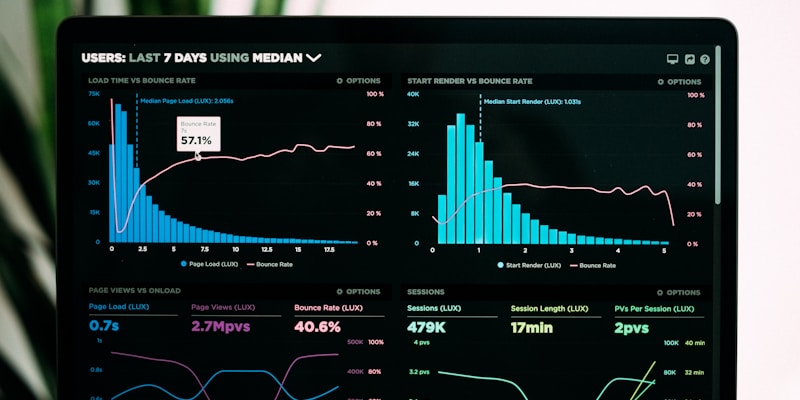The Great Leveling
For decades, sophisticated trading tools, advanced analytics, and real-time market data were the exclusive domain of institutional investors and Wall Street firms. Retail investors had to make do with basic charting software and delayed market information, creating an inherent disadvantage in the financial markets.
Institutional
Retail
Today's fintech revolution is fundamentally reshaping this landscape, democratizing access to institutional-grade tools and leveling the playing field for individual investors worldwide.
Previously Exclusive Institutional Tools
Advanced Analytics
Real-time risk metrics, portfolio optimization, and sophisticated backtesting capabilities that were once exclusive to hedge funds.
Algorithmic Trading
Automated trading strategies and execution algorithms that institutional traders have used to gain competitive advantages.
Alternative Data
Access to satellite imagery, social sentiment analysis, and economic indicators that provide edge in investment decisions.
The Technology Bridge
Machine Learning & AI
Cloud computing and AI democratize complex algorithms. Retail platforms now offer pattern recognition and predictive models that rival institutional systems.
Cloud Infrastructure
Scalable cloud platforms enable fintech startups to provide enterprise-grade tools at consumer prices, eliminating traditional barriers to entry.
API Economy
Open APIs allow retail platforms to integrate with the same data providers and execution venues that institutional investors use.
Transforming Retail Trading
Mobile-First Platforms
Sophisticated trading tools are now accessible from smartphones, allowing retail investors to monitor markets and execute strategies from anywhere.
Fractional Ownership
Technology enables fractional shares and micro-investing, allowing retail investors to access high-priced assets and diversify with smaller capital.
Educational Integration
Platforms combine powerful tools with educational content, helping retail investors understand and effectively use sophisticated trading strategies.
Real-Time Everything
Instant market data, news, and execution speeds that were once exclusive to institutional trading floors are now standard for retail platforms.
Impact on Market Dynamics
Challenges and Considerations
While democratization brings tremendous benefits, it also presents new challenges for retail investors:
The Road Ahead
AI-Powered Assistance
Personal trading assistants will help retail investors navigate complex markets and make informed decisions with institutional-quality analysis.
DeFi Integration
Decentralized finance protocols will further democratize access to sophisticated financial instruments and global markets.
Gamification & Social
Social trading networks and gamified interfaces will make sophisticated strategies more accessible and engaging for new investors.
Conclusion: A New Era of Financial Democracy
The democratization of institutional trading tools represents one of the most significant shifts in financial markets since electronic trading. Retail investors now have access to capabilities that were unimaginable just a decade ago.
